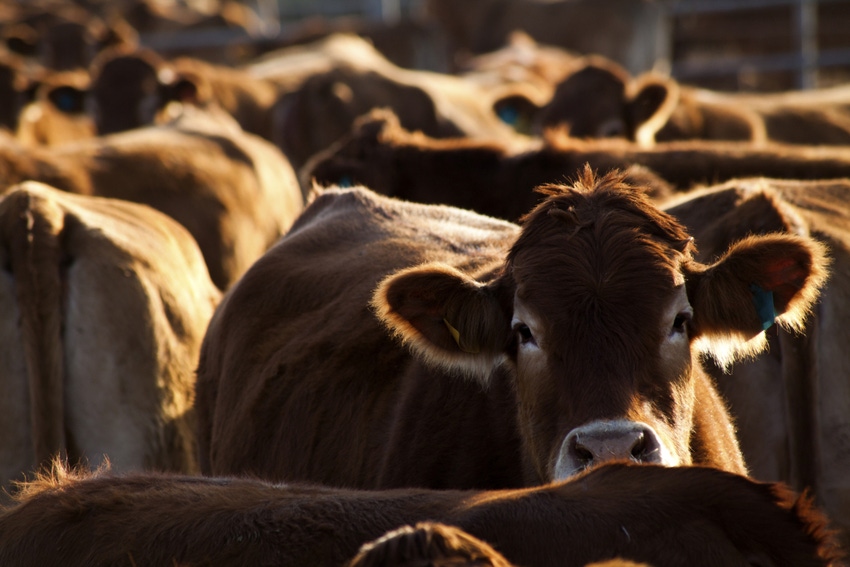OIE maintains country's status as negligible risk for BSE.

Over the weekend, the Brazilian Ministry of Agriculture, Livestock, and Food Supply confirmed that two atypical cases of bovine spongiform encephalopathy (BSE)had been discovered at two separate meat plants.
On Monday, the World Organization for Animal Health (OIE) maintained Brazil's status as a country with a "negligible risk " for BSE. However, beef exports to China had been temporarily suspended as part of an agreement between the two countries.
According to the U.S. Department of Agriculture, BSE exists in two forms: classical (C-type) and atypical (L-type or H-type). The incubation period for classical BSE from time of infection, thought to occur early in life, until the onset of clinical signs averages three to six years. Atypical BSE, on the other hand, occurs spontaneously at very low levels in all cattle populations, particularly in older cattle, usually eight years of age or older, and does not appear to be associated with contaminated feed.
National Cattlemen’s Beef Association Chief Executive Officer Colin Woodall commented on the cases, explaining that atypical BSE cases are very rare and are believed to occur spontaneously. Since the cases occurred outside of the U.S., Woodall said they do not pose a risk to American consumers—U.S. beef is safe.
“Given Brazil’s history of failing to report BSE cases in a timely manner, we must remain vigilant in enforcing our safeguards and holding them accountable,” he added. “The U.S. has the highest animal health and food safety standards in the world. We must make sure that all countries wishing to export beef to the U.S. continue to meet our standards—even a country with a small footprint like Brazil. We have full faith and confidence in the abilities of the U.S. Department of Agriculture (USDA) and Office of the U.S. Trade Representative (USTR) to enforce our safety standards and trade rules to protect America’s cattle producers and consumers.”
NCBA is encouraging USDA to examine Brazil and to continue implementing science-based safeguards “that ensure all imported beef meets the same rigorous science-based food safety and animal health standards as American beef.”
About the Author(s)
You May Also Like





